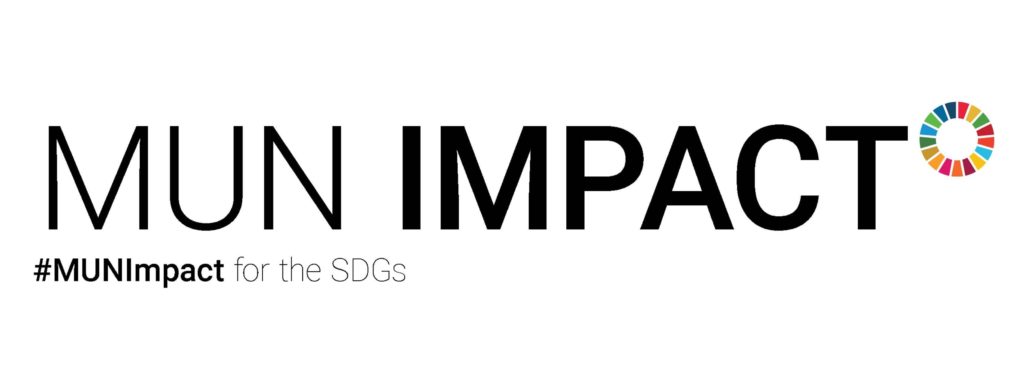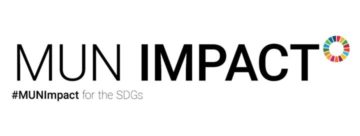MUN WASHPAP
Water + Sanitation + Pandemic Protection for all = #WASHPAP2030
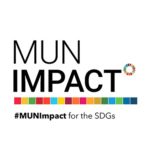
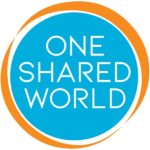
Join us for this special Model United Nations Debate and Advocacy Series, brought to you by MUN Impact and OneShared.World, working together to guarantee clean water, basic sanitation and hygiene, and essential pandemic protection for everyone on earth by 2030 as a cornerstone of our global response to Covid-19.
Interested in negotiating a #WASHPAP2030 Model UN resolution then joining a global advocacy campaign to make it real? Please read the program register to join the debate and help change the world!
Trainings
- Saturday, March 13, 13:00 UTC
- Sunday, March 14, 16:00 UTC
- Saturday-Sunday March 20-21
- Sunday/Monday March 27/29
- Saturday April 10
Languages: English, Spanish, Russian, French
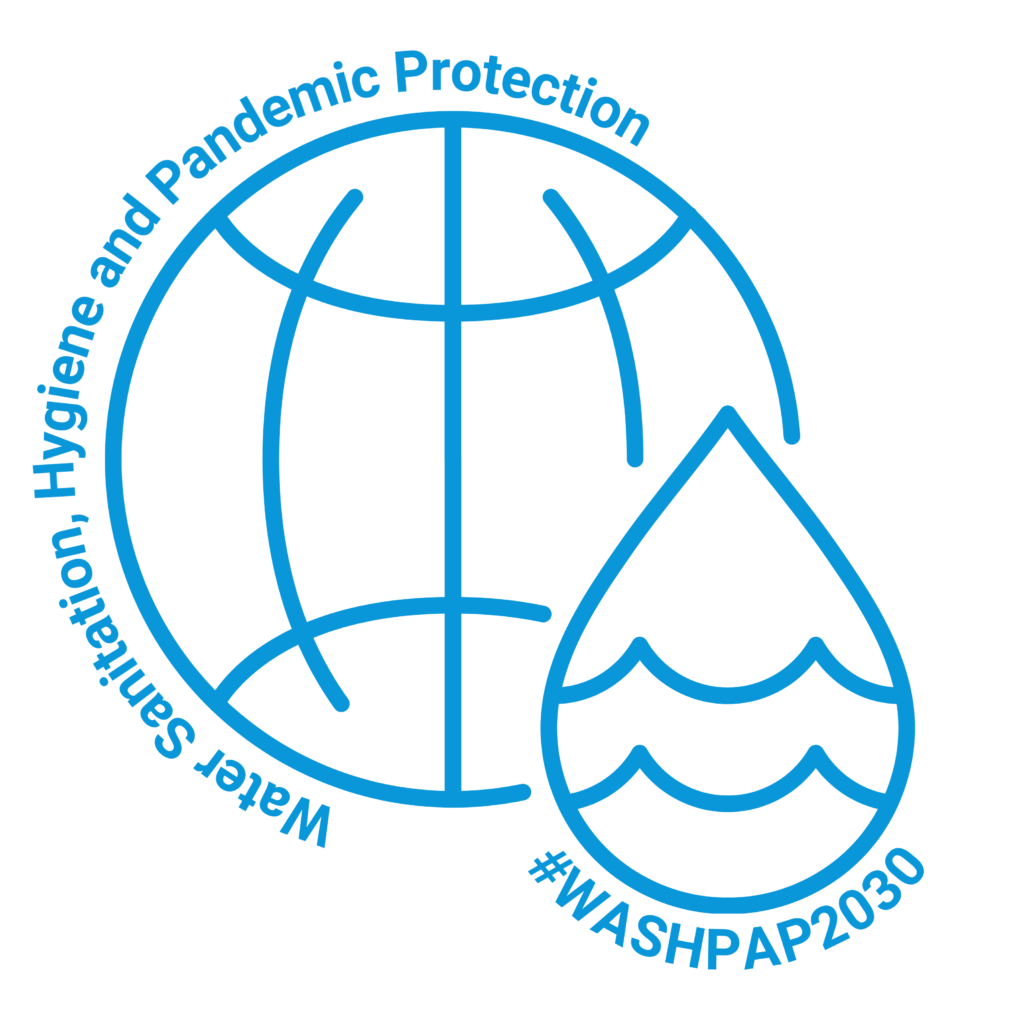
#WASHPAP Program Highlights
- Online MUN Debates for middle, high school and university students
- Program available in English, Spanish, Russian and French
- Advocacy training and round table discussions with high level stakeholders
- Direct action with 100K Deeds
- Ongoing advocacy and engagement activities on Water, Sanitation and Pandemic Protection for ALL
Framing the WASHPAP Issue
Background
If our global experience of the COVID-19 pandemic has taught us anything, it’s that in our interconnected world we are only as safe as the most vulnerable among us. A virus that grows and mutates anywhere poses an increased threat to people everywhere. In this context, a massive and concerted global effort to address the essential needs of the world’s most vulnerable population is not an act of charity but a pragmatic imperative for humanity to survive and thrive.
As billions of people around the world remain unnecessarily exposed to the SARS-CoV-2 virus and the devastating consequences of our collective failure to build a world where all humans are protected, even though theoretical commitments already exist to fix these problems, it’s time for a new approach to helping the world’s most vulnerable populations. This effort cannot be carried out piecemeal, but systemically and through concerted global action for the common good.
Nation states are built to maximize their own citizens’ interests and safety. But our world actually becomes far less safe, as we are now witnessing, when states seek to optimize national benefits at the expense of shared, global responsibilities. This contradiction is sadly apparent when our toughest modern challenges stay unsolved, and in some cases unaddressed, decade after decade. Nations have adopted the UN’s Strategic Development Goals (SDGs) in theory, but what has been missing – seen in sharp relief during this crisis – is true collaboration, that supersedes old thinking and puts adequate and sufficiently-funded strategies to work on an urgent basis to solve our world’s greatest common problems.
For decades, people and organizations around the world have advocated for the WASH (water, sanitation, and hygiene) agenda as a way to help vulnerable people. Others have advocated to strengthen public health systems and pandemic preparedness (PAP). Covid-19 has shown us that WASH and PAP are fully connected, seen in the grave consequences of disease and economic deprivation experienced by our earth’s most vulnerable populations, but problem-solving remains disjointed. Fixing WASHPAP, therefore, must be an urgent and essential component of our global response to COVID-19 and our preparation for future pandemics, and a model for solving other complex problems. Ensuring WASHPAP for all, and effectively addressing the big issues of our time, are not acts of charity, but insurance.
Well over two million people are now dead from a pandemic that could and should have been avoidable. Billions have seen their lives and livelihoods disrupted. We know that our current system cannot manage the next pandemic or the next major natural disaster. A Cambridge University study estimates that the total economic cost of the COVID-19 pandemic will be $82 trillion over five years. The question for all of us, and for our leaders, is what percentage of that massive cost could we have invested in building a safer world for all through smart and cost-effective investments in WASHPAP for all. Because we are likely to face even worse pandemics in the future, we must start making those of investments now.
We do not have a moment to waste changing our approach. Our lives depend on the global WASHPAP challenge being addressed and the basic safety needs of the world’s most vulnerable populations being met. Our leaders must take decisive collective action to protect all of us by protecting the most vulnerable among us. At the G20 meeting in November 2020, the most powerful leaders on earth acknowledged that “affordable, reliable, and safe water, sanitation, and hygiene services are essential for human life and that access to clean water is critical to overcome the pandemic.”
In this moment of global crisis, member states of the United Nations have a unique, historic, and essential opportunity to champion a new approach to solving our greatest global challenges in the name of our common good. This can be a turning point, when we recognize that the health and well-being of all of us reside within each of us in our interdependent world and commit to develop, fund, and implement a binding strategy for ensuring safe drinking water, basic sanitation and hygiene, and essential protection from deadly pandemics for everyone on earth by 2030.
Our Goal
How can we think boldly and creatively about a resolution that actually solves the problem of WASHPAP by 2030? How can we ensure that the solution is both top down and bottom up? How can we ensure that the process is inclusive, empowering, and sustainable? How can we make sure the resolution is a systemic response to a global, systemic challenge?
Guiding Questions
- How can we ensure that financial commitments made for WASHPAP are seen as a prudent long-term investment that is significantly less expensive than pandemic-relief aid and emergency measures?
- Recognizing that the private sector will need to play a central role in this process, how can the resolution encourage entrepreneurship and collaboration?
- What mix of incentives, performance guidelines, and accountability structures can help give confidence to funders that funds allocated for WASHPAP for all will be used wisely?
- How can we phase in these commitments over time? For example, could the UN work with governments, civil society groups, and others to develop a comprehensive, short-term, WASHPAP 2030 plan which would be followed by nationally binding commitments?
- How can we best ensure broad governmental and public support for this resolution, in order to help guarantee its adoption?
Resources
Access the story Map directly HERE.
